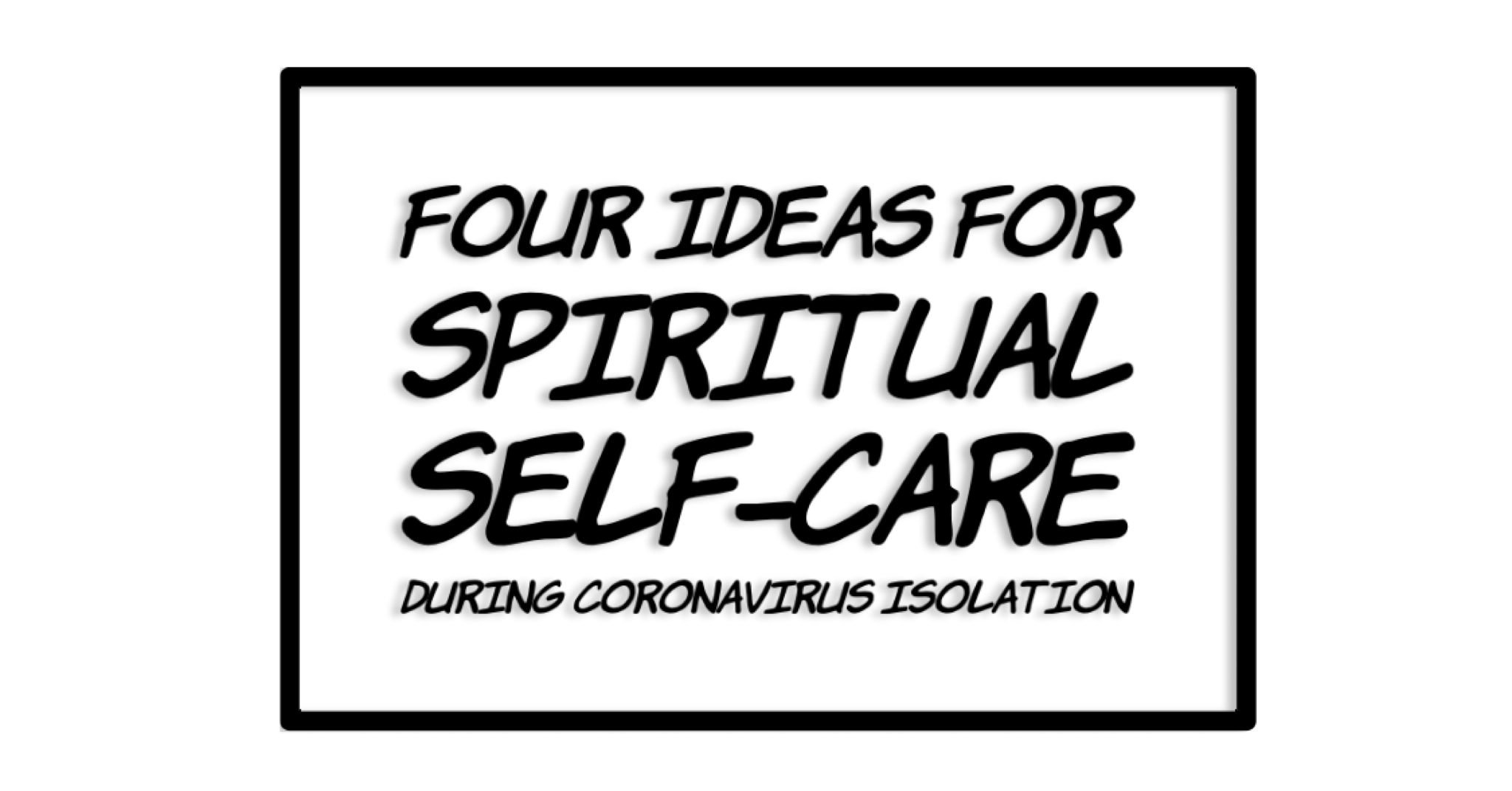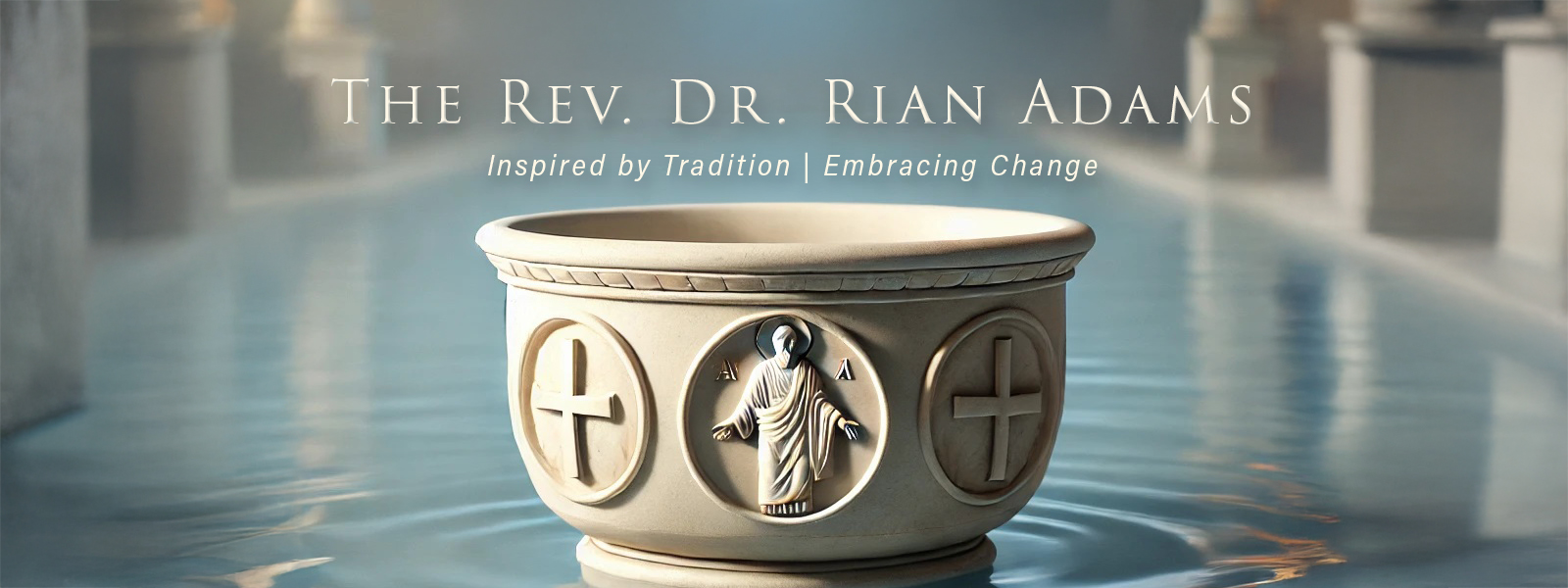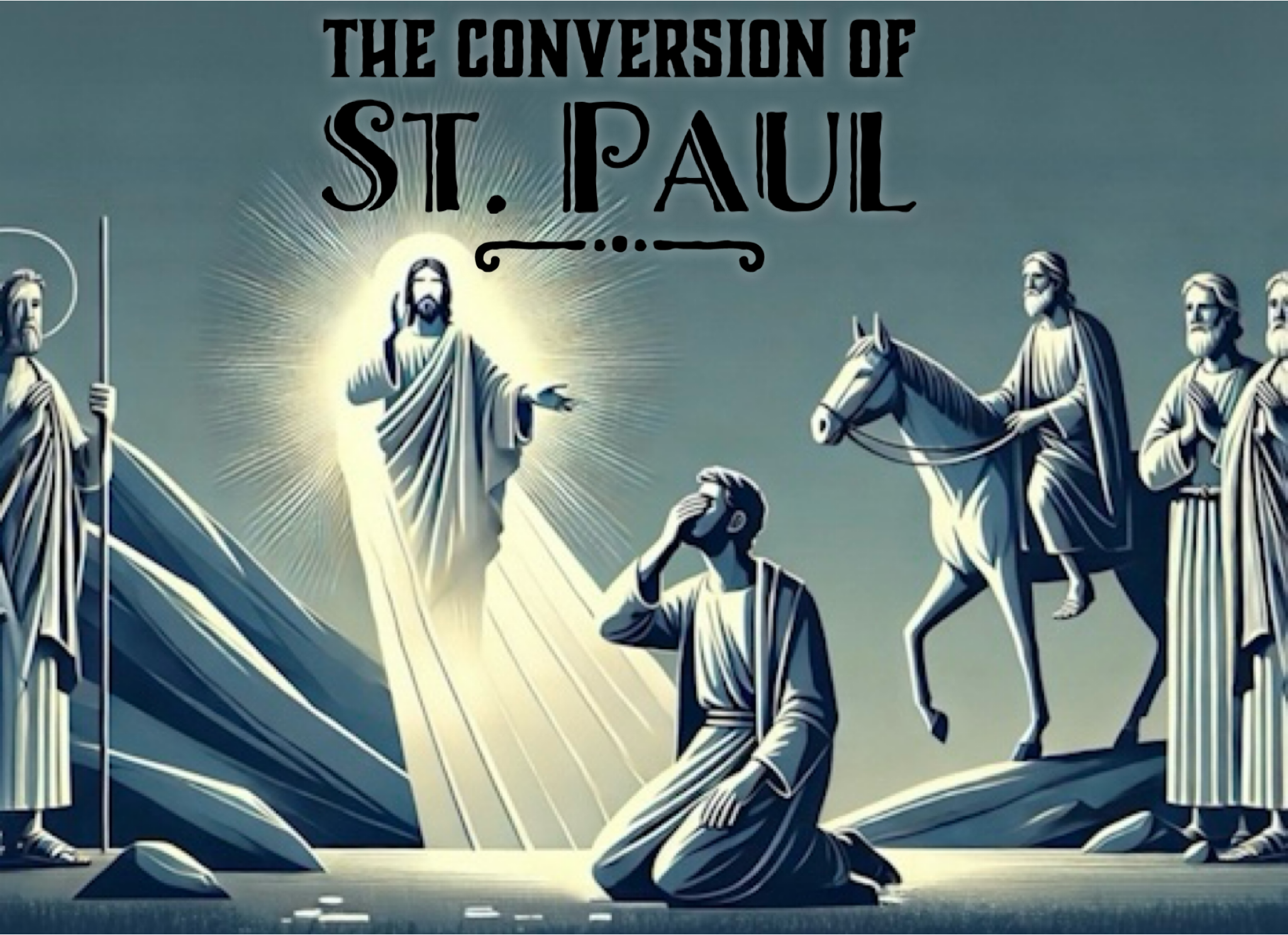Spiritual Resources for Self-Care During Coronavirus: Four Ways to Remain Spiritually Resilient

Why Spiritual Self-Care?
I bet you’re a lot like me; you’re feeling some spiritual cabin fever. In this blog entry, I want to suggest a few ideas that can provide spiritual self-care during the coronavirus isolation.
We’ve been cooped up for a few weeks thanks to coronavirus, and it becomes increasingly difficult to maintain a healthy spiritual life. COVID-19 has shaken up our spiritual lives, and taken away many of the systems we rely on to keep us centered and grounded.
There’s a lot of information and creative ideas available to help people psychologically, physically, and relationally. However, I’ve noticed a lack of pastoral writing dedicated to spiritual self-care during this period of seclusion.
I want to give you four ideas that have personally helped me. It’s important to realize one profound and powerful spiritual truth: spiritual self-care is NOT self-ish.
The first idea for spiritual self-care during COVID-19 is to: Stop Stress Surfing.
What is “Stress surfing”? It’s a term I coined recently after I noticed myself constantly, yet unconsciously, scrolling the news on my phone or computer, devouring the latest numbers of infections, deaths, and recoveries.
I used perpetual information flow as a coping mechanism. While we need to be informed, we also need to identify the line between news and the transference of anxiety onto information. Constant news flow will heighten our stress, anger, and fear.
Everyone has a drug or an addiction in one shape or form. For most of us it’s not heroin or meth, thank God. But, there is an addiction that has taken the U.S. by storm. What is it? The 24-hour news cycle.
Psychologist Graham Davey, comments on the negative effects of dwelling on adverse news. He says,
“If the TV program generates a negative mood (anxiety, sadness, anger, or disgust), these experiences will affect how you interpret events in your own life, what types of memories you recall, and how much you will worry about events in your own life.”
We need to stay informed, but we can’t allow the news to dictate the state of our souls. The writer of Philippians understood this critical fact. He says,
And now, dear brothers and sisters, one final thing. Fix your thoughts on what is true, and honorable, and right, and pure, and lovely, and admirable. Think about things that are excellent and worthy of praise.
– Phil 4:8
The second spiritual resource is: Explore the spirituality of minimalism.
Here’s a staggering statistic: Americans have, by square footage, the largest houses in the world. We can fit 2.8 average-sized homes in England into the ordinary American house. At first, when I read that, I couldn’t understand why; then it hit me, we need space for all our stuff.
As proud Americans, we tend to be hoarders.
For a few years, I’ve pondered a theology of minimalism. Boiled down, I state it as such: A malformed spirituality fills houses with “things” in hopes of spiritual fulfillment, happiness, and a sense of purpose.
A spirituality of “enough” can bring contentment. Ancient wisdom agrees:
A devout life does bring wealth, but it’s the rich simplicity of God’s love that is the true reward. Since we entered the world penniless and will leave it penniless, if we have bread on the table and shoes on our feet, that’s enough.
– 1 Tim. 6:6-8 (MSG)
Now let’s be clear, minimalism is not refusing nice things or forgoing meaningful possessions. I’m guilty of some vintage collections myself. Instead, the spirituality of minimalism is a calculated simplicity intentionally implemented with humility and self-awareness.
Spiritual self-care means purging the junk!

Start with the clothing in the closet you’ll never wear again. If you haven’t worn it in a year, you don’t actually like it. Next, move on to that gas cap for a 1985 Toyota Corolla that’s sat in the garage for two decades “just incase I ever need one.”
What we really have is an anxiety issue and a denial of trust in God. “Prepping” forces the mind into a constant state of fear and hyper-alertness. It’s safe to let it go on purpose.
“If one’s life is simple, contentment has to come. Simplicity is extremely important for happiness. Having few desires, feeling satisfied with what you have,
– The Dalai Lama
Now is the time to get rid of the junk we don’t need. It’s good for the soul when we live in a space that’s clean, organized, comfortable, and not cluttered with junk. Purge it!
The third idea for spiritual self-care during our isolation is to: Engage with your spiritual community.
Isolation takes a spiritual toll and can quickly change our behaviors. How do we know when this happens? We’ll develop negative mindsets and be snappy with those we love the most. The more cynicism we surround ourselves with (stress surfing), the more we will suffer by our own hands.
What can help? Staying connected to your spiritual community by various means is an excellent place to start. Although we cannot be together physically, there are creative ways to keep spiritual company. First and foremost is Facebook. I have implored my congregation to follow my church on Facebook because it is where the vast majority of our communications occur. I post devotional videos based on daily lectionary readings throughout the week. We also stream the Sunday morning service live at 10:00. During Holy Week, we added daily devotionals and live-stream stations of the cross. Obviously, watching services is no substitute, but it can be a valuable spiritual resource.
We can use calls, texts, emails, parish newsletters, and various other means to stay connected. I had an idea recently that some people might enjoy: You can plan a trip/pilgrimage together with a loved one. Then, once social distancing is over, go on the trip together. This time of isolation gives opportunities for innovation! Use holy thinking; you never know what can happen.
As an example, priests and laypeople in my diocese have participated in the historic pilgrimage to Hayneville, Alabama, for years. It remembers the life and ministry of civil rights leader and Episcopal seminarian, Jonathan Daniels. In 1965, Jonathan was murdered by law enforcement while shielding a 17-year-old African American girl from the officer’s shotgun blast. His only crime was his belief that all Americans should have the right to vote. Plan a spiritual pilgrimage that will impact your soul.
The opportunities during this time can range from deeply spiritual remembrances to playing chess with people from your spiritual community over zoom. Be creative.
The final thing you can do during the coronavirus isolation is: Make time for your soul.
You likely have things you can do from home to help you unwind and soothe your soul: prayer, yoga, meditation, and finding ways to give to others in need will lift your spirits. Coronavirus doesn’t have to keep you from soul care.
You can read, take spiritual walks, play and/or listen to music, and… you know… do a spiritual study of holy texts. A group of EFM students from my church get together each Wednesday night over Zoom for theological studies through an Episcopal seminary.
Making time for the soul is not a dedication to a particular religion, denomination, or sect; soul care is about finding the spaces where your spirit can hear love speak and listening to its message.
It may help us, in those times of trouble, to remember that love is not only about relationship, it is also an affair of the soul.
– Thomas Moore
Sometimes making time for your soul means doing nothing!
Few, if any, will argue that we tend to be on the go all the time. The truth is that we need to slow down and just “be” instead of the constant “doing” that is so addictive.
Allow me a parenthetical insert and tell you a short story of how I found a creative means for self-care.

[Amber and I are art lovers; we use art as a means for soul care. When we travel, especially abroad, we plan trips based around museums, food, historical sites, and places we can disconnect from everything and everyone. 2019 was a good year for us. We realized that life is short, health is never guaranteed, and it’s better to live humbly and care for the soul than allow demands, expectations, and perceptions to steal life’s joy. (See my post on the priestly persona).
I realized I needed more spiritual self-care, so I finally learned how to unplug and say no. In essence, I refused a cell phone, ignored texts, and disregard all emails. I did nothing all day long except enjoy life. In 2019 we visited Paris and Florence, mainly to eat, go to the Uffizi and Louver museums, and not answer any cell phone calls, texts, or emails. It was holy.
Unfortunately, we can’t travel at all right now. Although it’s small in the grand scheme of things, one of the many heartbreaks I’ve experienced during coronavirus is a canceled trip to Scotland and France.
I knew I needed to find a way to cope, or I would wallow in disappointment. That’s when I discovered a way to experience virtual tours of the greatest museums in the world. Walking through museums, even if it’s on my computer, is a great spiritual resource and form of spiritual self-care. Is it the same? Nope! But does it feed my soul? Yes, it does.]
Check out Google’s arts and culture app:
https://artsandculture.google.com/partner?hl=en
You don’t have to visit Paris or Florence to feed the soul; sometimes, it’s as simple as a walk, or sitting in a rocking chair watching the sunset. I’ve noticed more people outside playing with their kids and walking their dogs than ever before. The means are not as important as the discipline of intentionality. We don’t have the excuse “I’m too busy” anymore.
When I admire the wonders of a sunset or the beauty of the moon, my soul expands in the worship of the creator.
– Mahatma Gandhi
That quote sums it up; the small things are often the most beautiful.
Those are a few of my ideas for soul care during these difficult times.
I hope they serve as some spiritual resources during COVID-19 and the isolation it has caused.
Remember: Choose love over fear, choose compassion over vengeance, and choose mercy over severity.
Rian+
Related Posts
The Feast of the Conversion of St. Paul: A Complicated Saint and the Mysteries of Tradition
St. Paul’s conversion is one of the most dramatic in Christian history, but his…
January 25, 2025Why I Started Wearing A Zucchetto: The Meaning Behind the “Beanie.”
Let’s go ahead and get this out of the way… it’…
August 22, 2023
